

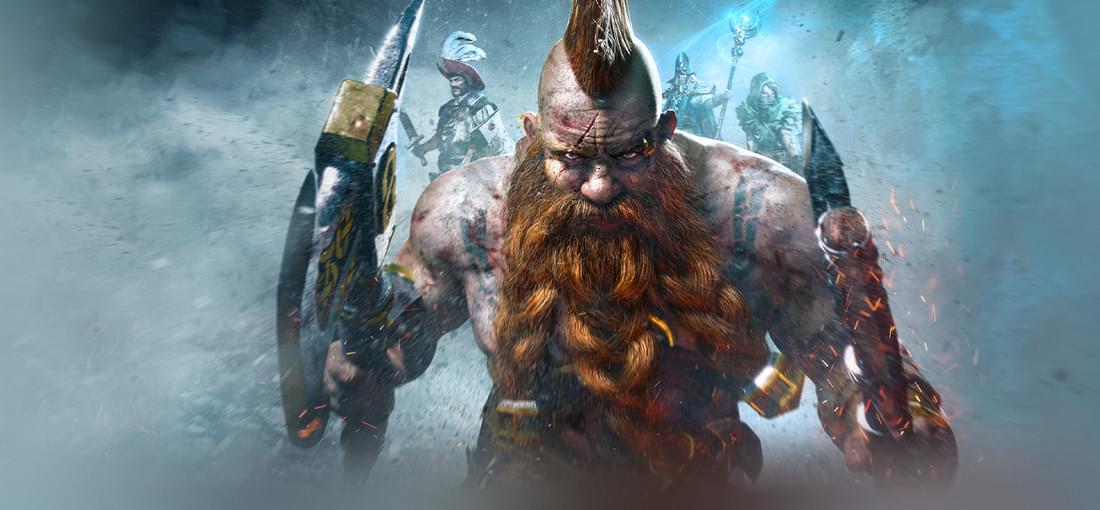
- Mouse cursor is invisible - Alt-tab to Windows is completely blocked - Ctrl-alt-del only brings up the Windows login screen menu but then switches automatically to Chaosbane every single time with zero chance to do anything else - Alt-F4 functions only occasionally - Ctrl-esc brings up an in-game prompt to shut down the game (instead of activating the Windows menu) and then proceeds to shut down EVERY SINGLE WINDOWS APPLICATION that was open at that time. Could not even get past the first menu. What a game. What a studio! They won't see a single cent from me ever again, that's for sure.
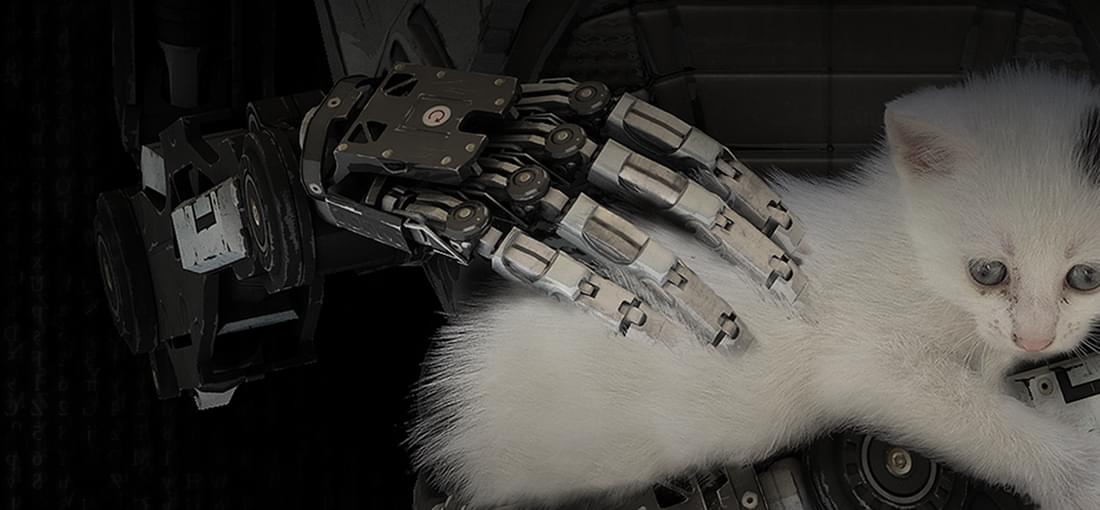
Have it on Steam and played through it a couple of times. Fantastic game. Some of the puzzles are really challenging but once you complete them, they all become so obvious. Beautifully crafted game and for the GoG sales price an absolute must-have!
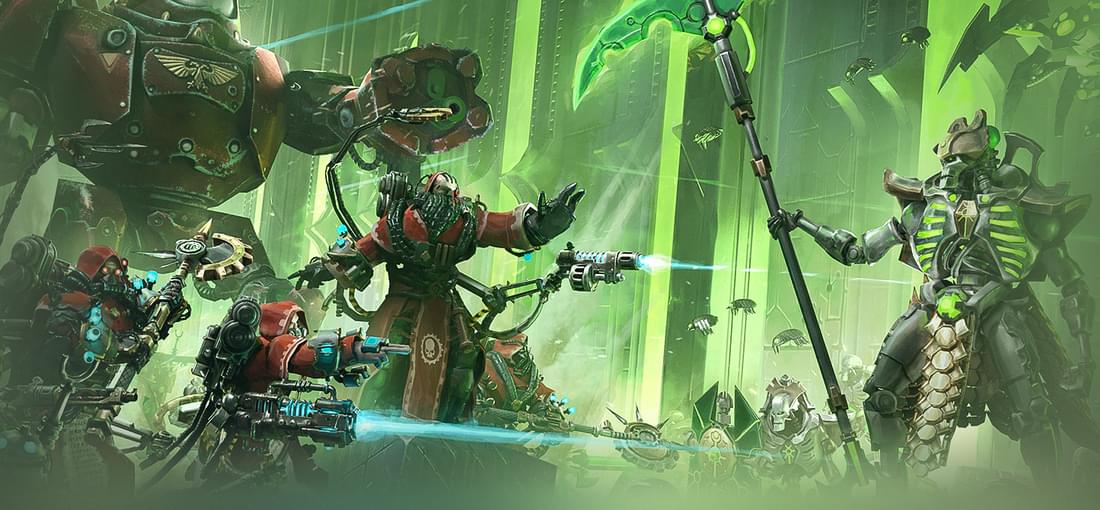
Ok game, but fairly simplistic compared to similar titles. Don't expect anything more than 'X-COM light' tactical mode, with very barebones team management while off missions. The game runs smoothly and for all its simplicity and small scope is well polished. Sound design and soundtrack are definitely its highlights - awesome job! The game has some awful mechanics, the worst among them is the cognition points system. Basically, in each mission you have to collect cognition points out of a limited pool for each turn - without them, you can't fight. You can only collect one per attempt (unless you pick a high tier talent in a specific tree or have a special gear item), it's on a 2-3 turn cooldown and attacks cost around 2-4 CPs. There are a few small weapons that don't use the CPs, but they're very weak (basically your sidearm). Terrible feature that forms the core of the combat system. The combat is quite limited compared to other games - no grenades, timed attacks, hacking or anything similar. Nothing outside the tactical missions (i.e. forget any base building, crafting, rudimentary economy or enemy craft interception or anything like that). And an automatic -50 dkp (one star) for the devs' decision to completely disable your UI during enemy turn. Seriously, you can't even open the game menu - you have to wait until it's your turn again. Who is the genius developer who thinks it's a great idea to take control away from the player? Anyway: interesting concept, good atmosphere, excellent sound design / limited scope, limited gameplay, irritating game mechanics, braindead UI decisions.
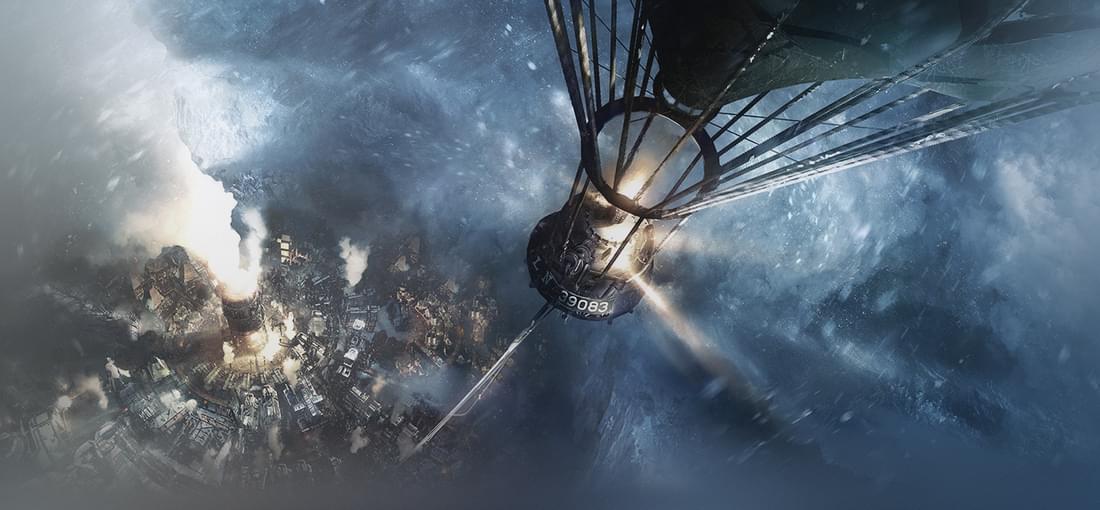
It leans far too much into the survival category for my liking. Although this aspect was clearly advertised, I expected a more balanced 'city builder with a twist' game. The way Frostpunk is designed now is far too punishing and a few scripted events (from fairly early on in the game) have a very real potential to totally screw up your game. Balancing the resources and your population's hope and discontent is what the game is about, while the city building aspect comes far behind. If you're looking for a slightly different approach to the survival game genre, Frostpunk might be for you. If you expect primarily to build your city, with a fairly minor survival gameplay element mostly for flavour, you will be disappointed. In any case, an extra point for developers for trying to come up with something new.
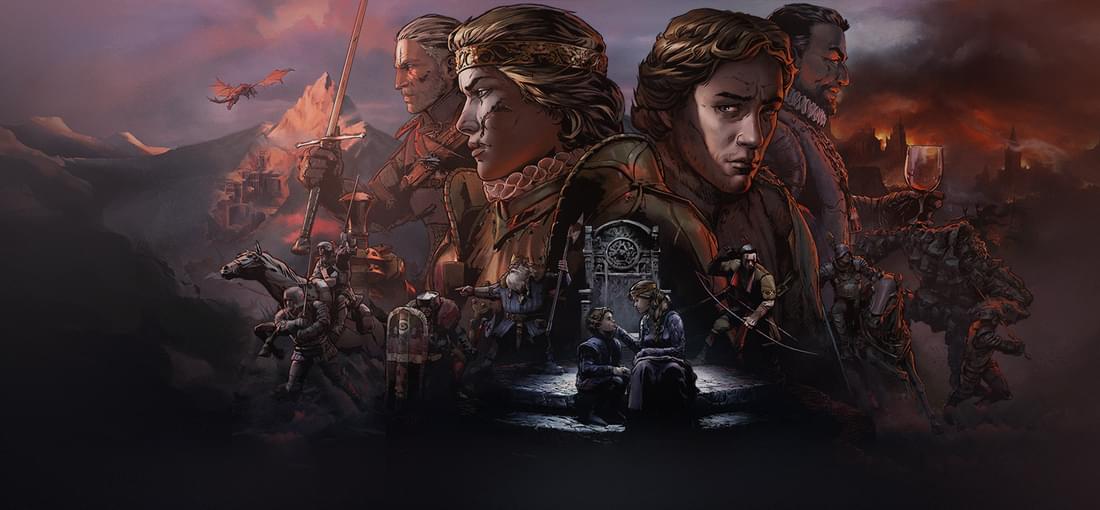
The narrative and voice acting are second to none, the gameplay is buttery-smooth, card battles now come with impressively upgraded visuals compared to previous Gwent versions. The game campaign is split into several chapters, each focusing on a different group (Lyrians, Nilfgaardians, Dwarves, monsters, Scoia'tael), which will at several points change the cards in your deck (a bit like in Warfcraft 3, although not to such a large extent). As you progress, some companions and their cards may join or leave you, depending on your choices. The story is developed within the boundaries set by the books, which makes it arguably harder for the creative process, but CDPR managed it brilliantly. Your choices matter and you will see the consequences - sometimes immediately, sometimes a few hours laters, sometimes in other chapters or in the ending scenes. The pace of the game is excellent, switching between the narrative sections, combat (which itself offers very diverse pacing, including special puzzle battles, shortened battles or special decks with unique cards), camp management and resource gathering. Story, narration, visual and audio quality, game mechanics and their implementation and polish are all of the highest quality. The only issues I found were a few buggy cards, which didn't work correctly (or at all); and cards' descriptions, which sometimes did not work as advertised. It is a challenge to cram a complex card mechanic, including its interaction with other cards, into a small space available on each card and in several cases what was written on them just didn't really correspond to what they did on the battlefield. This was especially the case with unique battles (mostly puzzles) and you often end up starting with a 'test run' to see how the cards really work before trying to solve the puzzle for real. Overall, it is an excellent game - especially for the card games enthusiasts (which I'm not - and I still had loads of fun) and for the Witcher fans.
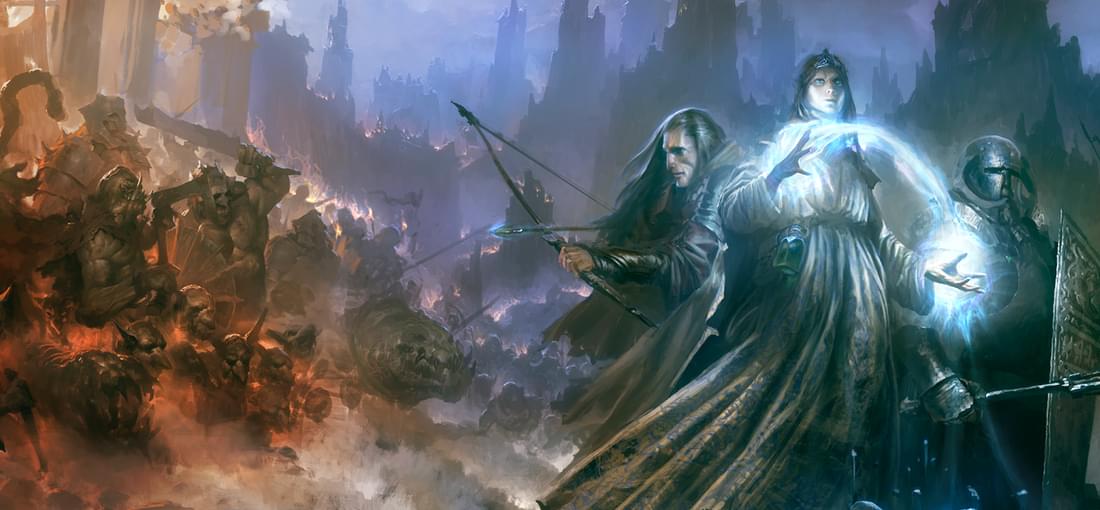
The game leans more towards RPG, with lots of dialogues. Character progression is far from impressive, the selection of skills is common across characters, with usually only one branch (out of 3 or 4) specific to a character. Skills in each tree (usually around 8 per tree) are very generic and boring. XP gain is extremely imbalanced and comes almost exclusively from quests, which makes killing monsters a bit pointless (spend a few minutes fighting a boss-level monster and get 200 xp, when you need 20k to level - that kind of stuff). Inventory management is not good and itemisation relies on giving you endless copies of the same items with exactly the same stats. Tactical combat is the best example of how a good idea ended up badly implemented. Pressing alt brings up a context-sensitive radial menu for quick access to skills - however, this is very difficult to control during a battle, due to poor camera control, constant movement of units and a fairly badly made UI, where not all clicks register and targeting is often imprecise. The RTS portion is a micromanagement freak's dream, with convoluted design (the whole workers / carriers concept), sector management, etc. on top of it all. There is no option to slow down or pause the game and when the AI starts sending never ending waves at your base - often from several directions simultaneously, the whole RTS design shows its weakness in full light. The game runs smoothly most of the time, except occasional strange FPS drops during cinematics. There is an incredible amount of loading screens - each area transfer pops up a loading screen (zones are fairly small, so you'll be transferring a lot!) and even the simple task of exiting the game can take up to 30 seconds, while you're staring at yet another loading screen (!) claiming to be cleaning up stuff, before the game finally shuts down. Overall: not an impressive game. If it's heavily discounted, it might be worth a try, otherwise it's not really worth it...
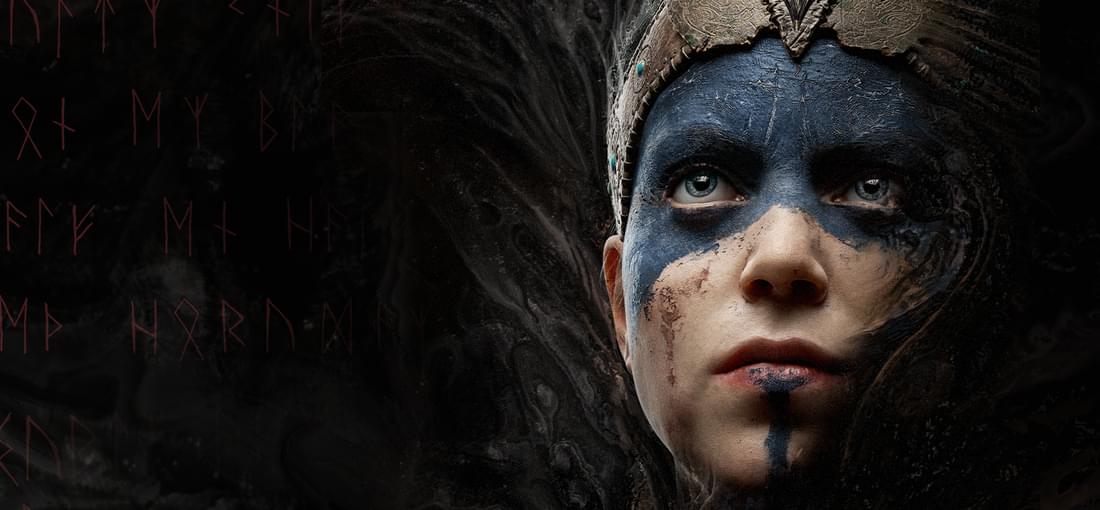
While I enjoyed it at first, it quickly became a tedious slog with very frustrating moments. Too much focus in this game is on art and the audiovisual experience, to the detriment of engaging gameplay and entertainment. When you have to make an effort to keep advancing, you realise that in the end the game is just not fun. Positives: Visuals, atmosphere, some innovative elements - especially the use of environment to progress through the game, voice acting. Negatives: - Absolutely atrocious controls and combat that has clearly been designed with the sole objective of being as frustrating and obnoxious as possible. There is literally nothing fun about it and even though combat is not too frequent, when it does come up, it is very bad. Not because of difficulty - it doesn't take too long to read every enemy type and learn to counter them - but due to the combination of bad controls, the environment design, repetitiveness and as you progress through the game the ever increasing duration (mainly through adding more and more waves). It's an endless slog that's more likely to result in muscle cramps than anything else. - Poor checkpoint system that can sometimes screw you over. This is even worse when you consider that there is only one save slot and when you die too many times (the game keeps track of your deaths through a taint system that progresses through your body), it will be deleted - and you have to start the whole game from scratch. - The game is 100% linear with absolutely no choice. Yes, it makes it easier to develop a tight and deep narrative, but you end up with a completely and utterly linear corridor game. - The world of Hellblade is essentially empty. While there is a reason behind it (the whole premise of the game), it gets boring very fast. No matter how good the visuals, you can't build a fun game on a tedious and repetitive gameplay in an empty game world.
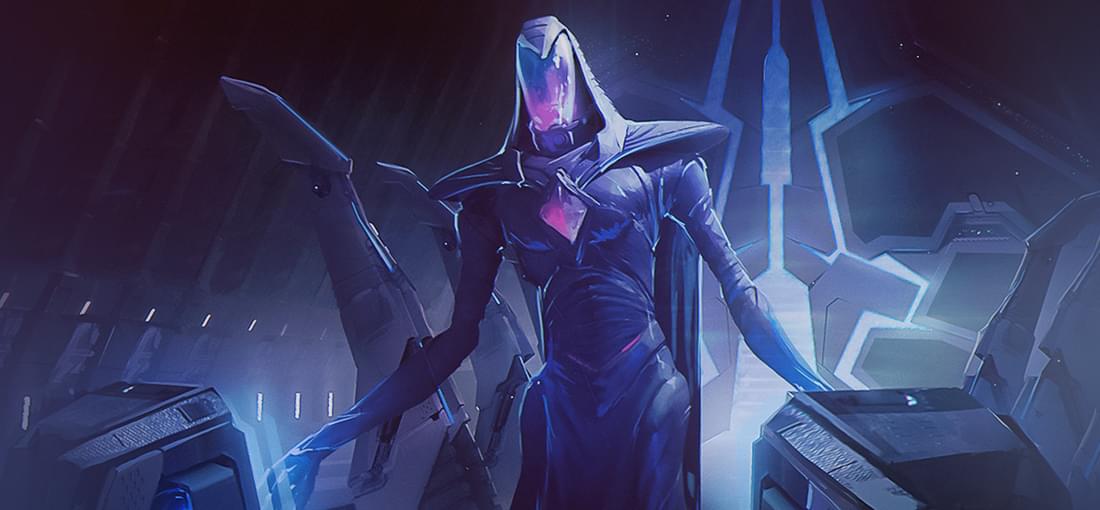
The game is not well tested and regularly freezes during battles. In my experience there is 75% chance the game will freeze if a large number of ships enter combat. Usually before the fight starts, sometimes in the middle of a fight. That makes it very difficult to achieve any military progress, especially at later stages of the game. Coupled with a rather unresponsive UI, it's definitely not fun. The combat balance is poor. Whereas in the original game small ships cold not penetrate immense shields and structure of a Doom Star (logically), the current incarnation suffers from what too many 4X games these days can't handle well - a large screen of small cheap ships is usually capable of destroying planet-sized heavily armed ships with fully upgraded shields and hull. In a standard (MoO) universe, it doesn't matter how many frigates you have - you simply can't even scratch a monstrosity the size of an entire planet! There's a number of other bugs, like weapons not firing or ships becoming uncontrollable and so on. The game is extremely poorly optimised and at later stages of a large scale gameplay (huge galaxy, several opponents) each turn takes around 30 second (or even more). At the same time CPU runs at 10-20% capacity. It's the old Civ5 problem of developers unable to design their game properly and thus the wait game begins. If you want to play MoO, bring a book. Overall the gameplay itself is not that bad and is rather close to the original MoO(2) in many aspects, however, some important parts of the game were changed dramatically and for the worse (removal of leaders, badly designed combat, Doom Star limit to 1 per race). The game will need extra work (especialy on bugs and optimisation) before I could recommend buying it. With all technical issues fixed, it could get a 4/5.